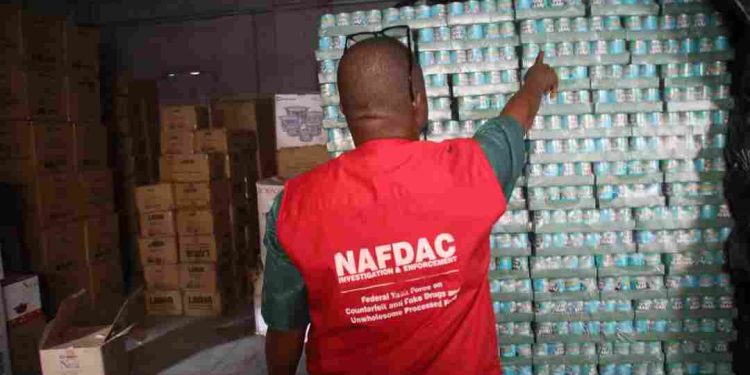Normalcy is finally back at the Onitsha Drug Market in Anambra State after months of closure by the National Agency for Food and Drug Administration and Control (NAFDAC).
NAFDAC recently said that 95% of the shops in the market have reopened for business.
Speaking during an inspection at the drug market, Dr. Law Mefor, the Commissioner for Information, shared that the remaining 5% of shops will remain under lock due to their owners’ failure to make themselves available for adequate screening.
Mefor disclosed that they visited the market to ensure that it had been reopened by NAFDAC, and he can fully confirm that it is business as usual at the market at long last.
The Commissioner for Health, Dr. Afam Obidike, also assured the drug traders that the government will remain committed to their welfare.
According to him, the ongoing construction of the new drug market in Oba proves the government’s commitment, and it is set to be fully equipped with proper drug storage.
However, NAFDAC has since refuted online reports suggesting it has unconditionally reopened Nigeria’s open drug markets, describing the news as false and misleading.
Speaking during a press conference in Lagos on May 30, NAFDAC Director-General, Prof. Mojisola Adeyeye, insisted that all reopenings remain conditional on compliance with regulatory requirements and the payment of investigative charges by affected shop owners.
She reiterated that the ones who are still resisting compliance are primarily linked to the illegal importation and distribution of narcotics.
“There is no unconditional opening of any market or shop. NAFDAC is standing strong. We are not caving in. It is time to protect our people. It is time to stop women dying.
At the Bridgehead market alone, we evacuated 137 40-foot truckloads of illicit drugs, including 10 full truckloads of unregistered Tramadol.
It is simple: you come, pay the charges, and sign the agreement. Then we reopen your shop—temporarily and under strict conditions. You are not staying there permanently.
These individuals are bringing in narcotics to destroy the minds of our youth. We must stop that,” Moji said.





















